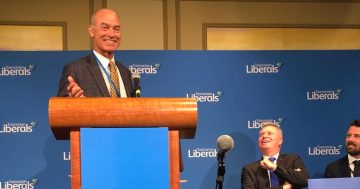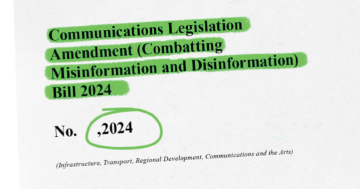UNITED KINGDOM
 A prominent United Kingdom think tank has slammed the Government for “a lack of data and poor performance monitoring” that they claim makes investing wisely in Public Services a difficult proposition.
A prominent United Kingdom think tank has slammed the Government for “a lack of data and poor performance monitoring” that they claim makes investing wisely in Public Services a difficult proposition.
In its latest report, the Institute for Government (IFG) noted that gaps in data meant political spending decisions resulted in a “crisis-cash-repeat” cycle.
With a General Election underway, both major parties have promised spending to maintain standards in most public services.
However, the IFG report notes that more money will be needed to raise standards over the next five years in public services such as General Practitioners, hospitals, adult social care, children’s social care, neighbourhood services, police, prisons, courts and schools.
The report anticipates that the incoming Government will spend £191.1 billion ($A363.7 billion) on these services over its five-year term.
“However, while this may be enough to meet demand, it will not be enough for the Government to make improvements,” the report states.
“In fact, in adult social care, any Government would have to spend nearly £1 billion ($A1.9 billion) more just to keep pace with demand.”
The IFG found that all public services – whilst making efficiencies over the past nine years – had seen some decline in performance.
“This decline can either be found in quality (the standard of public service and how satisfied users are) or scope (the range of services provided and the number of people able to access them),” the report said.
It notes that most public services have become more efficient because of the public sector pay cap and because staff were working harder.
“However, public services will struggle to keep providing services as efficiently as they do now,” the report states.
“This is coupled with the fact that recruitment and retention problems are widespread, public services are using one-off sources of money and are overspending, and public services are shifting costs onto individuals.”
It said making better use of data could assist with decisions about where spending is needed and help to guide long-term investment decision-making.
London, 13 November 2019











